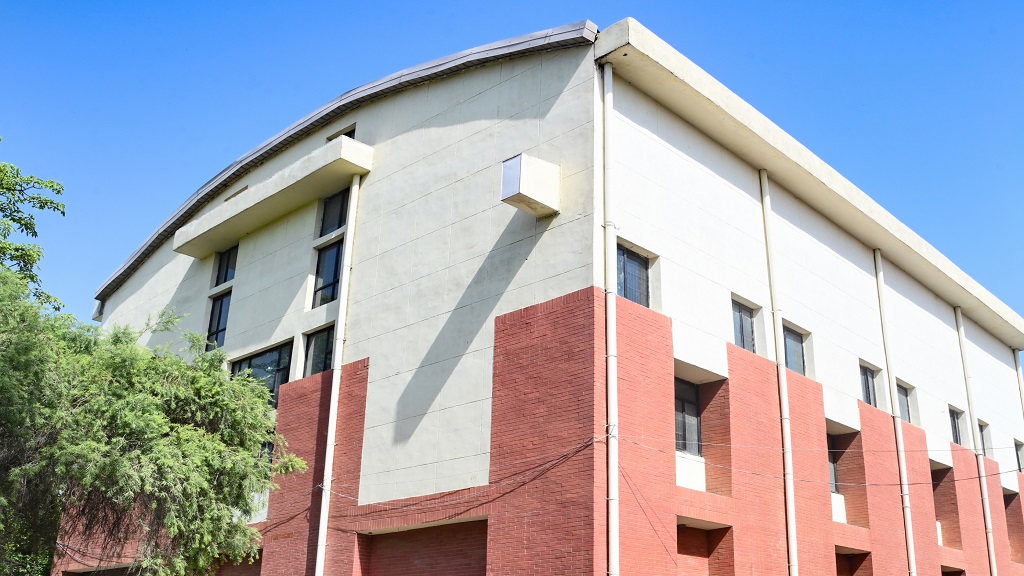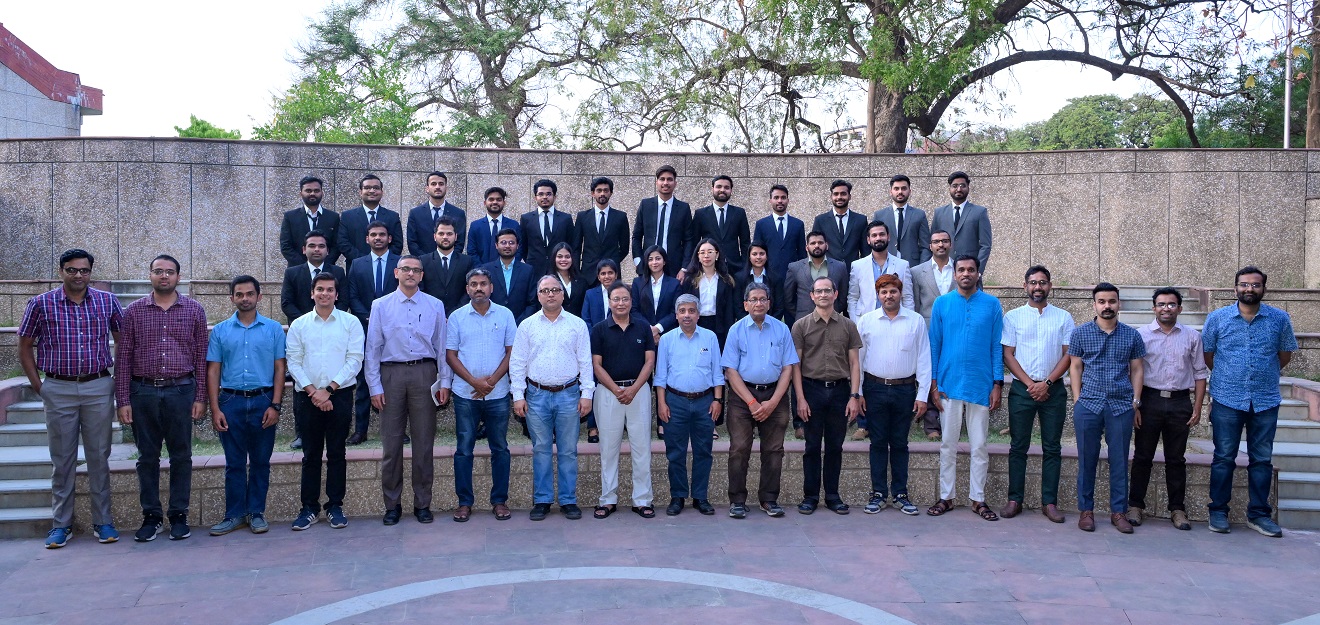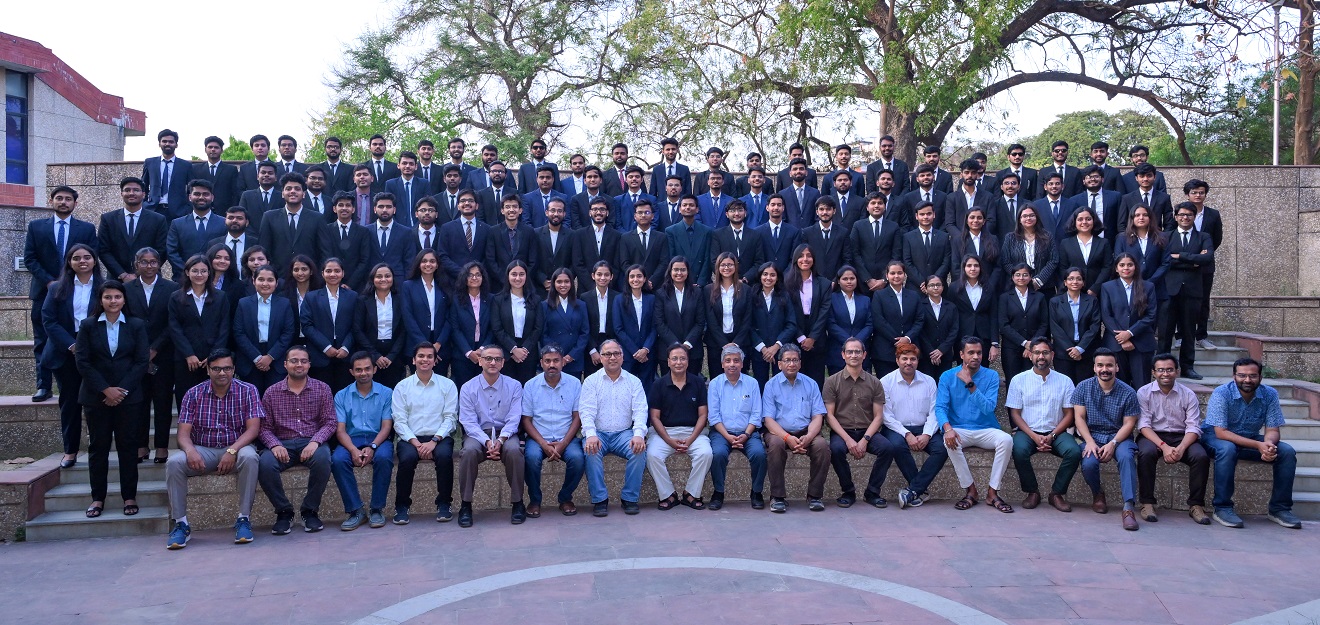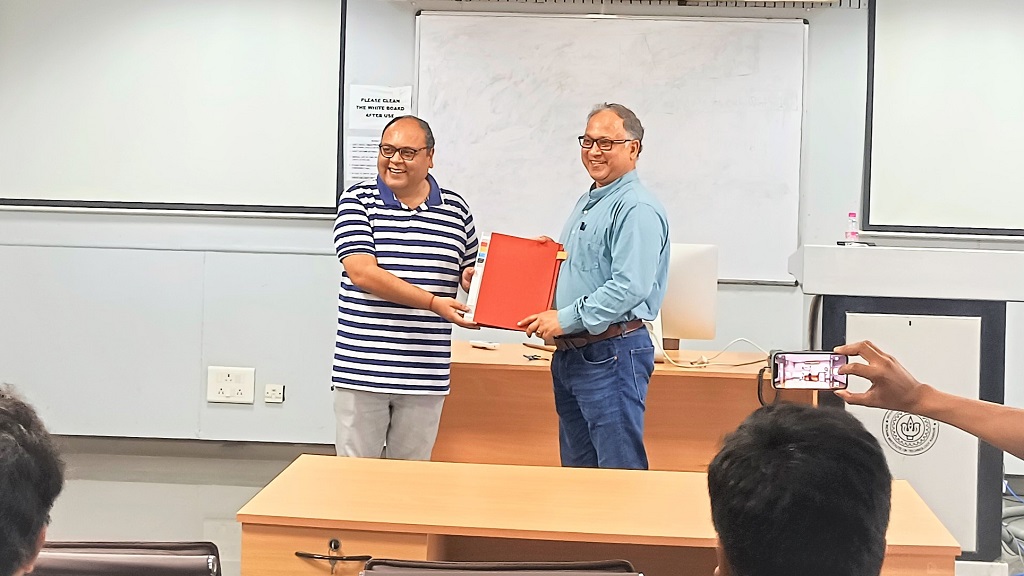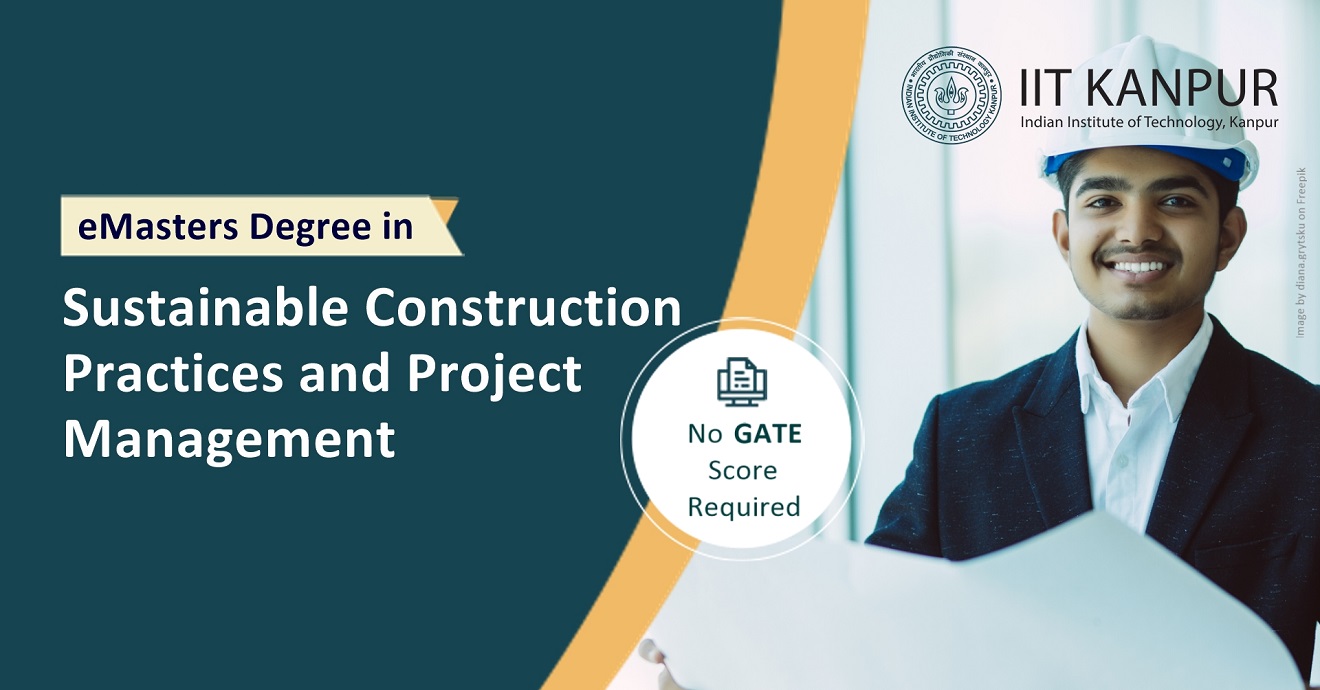Water and Wastewater Treatment
Physico-chemical and Advanced oxidation processes for water and wastewater treatment, Anaerobic Wastewater Treatment, Abiotic remediation of groundwater resources, Bioremediation, Microbial Ecology, Fate and Transport of Heavy Metals in the subsurface.
Aerosol Properties and Regional Climate Change
Effect of aerosol properties on climate change, measurement of aerosol optical, physical, chemical and cloud condensation nuclei properties over the Indo-Gangetic basin; modeling their optical properties and effect on Earth radiation budget, Exploring linkages between global and regional climate changes.
Experimental
Chamber studies on emission of fine particle from anthropogenic sources and behavior in environment, Fog chamber studies to understand the role of ambient particles on fog life cycle, simulations of aerosol charging and electrical conductivities in planetary atmospheres.
Instrument design
Development of instruments for aerosol measurement, engineering control of particles in ambient and indoor settings. PM1 and PM2.5 samplers designed, developed and evaluated at IITK.
Modeling and simulation of environmental systems
Air quality modeling and management, Fate processes of organic pollutants and parameter estimation, physico-chemical characterization of atmospheric pollutants, size segregated distribution of pollutants on suspended particles, source apportionment of pollutants, impact of agricultural activities on air quality, nutrient uptake by plants, soft computing techniques for air quality modeling and management, Knowledge extraction from satellite data, personal exposure assessment and health effects of inhaled particles.

